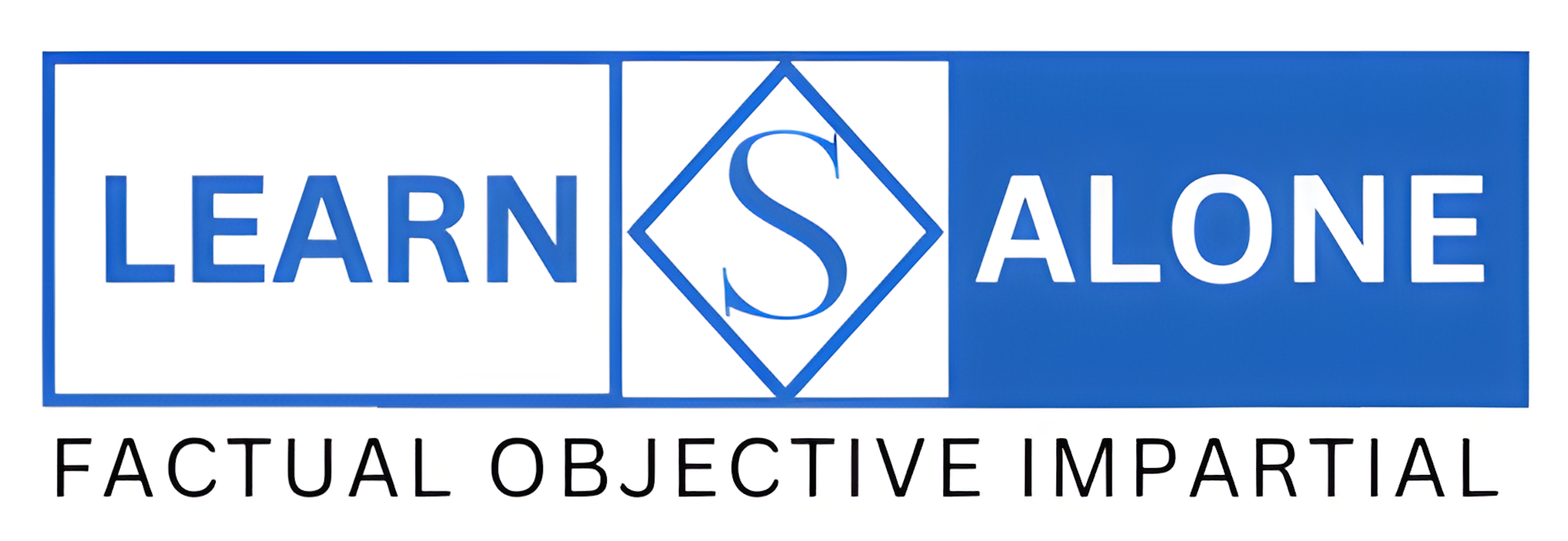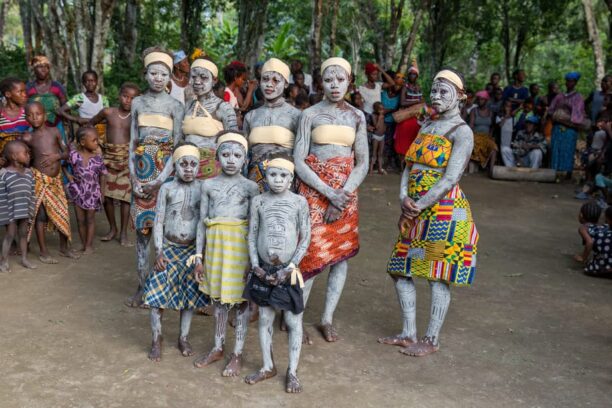By Edward Dictionary Caulker
In a progressive step toward child protection, Sierra Leone’s Child Rights Act 2025 has been celebrated for modernizing the country’s legislative landscape in favour of its youngest citizens. With commendable provisions on education, health, juvenile justice, and the rights of children with disabilities, the Act positions Sierra Leone as responsive to international calls for the protection of minors.
Yet, the celebration has been tempered by a conspicuous silence—a silence that echoes loudly in homes, villages, and initiation camps across the country. The law fails to mention or prohibit Female Genital Mutilation (FGM), a culturally entrenched practice that affects the majority of Sierra Leonean girls and women. This omission is not simply a legislative gap—it is a national dilemma.
FGM: The Tradition That Refuses to Die
FGM, often conducted as part of initiation into the Bondo society, is widely practiced across Sierra Leone. According to UNICEF, over 83% of women aged 15–49 have undergone some form of FGM. The procedure, typically involving the partial or total removal of external female genitalia, is performed without anaesthesia in most cases and can lead to serious health complications, including infection, haemorrhage, infertility, and even death.
FGM is viewed by many communities as a marker of womanhood, a rite of passage, and a gateway to social acceptance. Mothers who permit the practice often do so under communal pressure and with the belief that they are safeguarding their daughters’ futures. For the sowei women who perform the procedures, it is a role of status and economic livelihood.
But for human rights advocates, medical professionals, and the global community, FGM is a human rights violation—a form of gender-based violence with no health benefits and lifelong psychological and physical consequences.
Why Does the Law Remain Silent?
The silence of the 2025 Child Rights Act on this issue is deafening. Why would a landmark child protection law sidestep one of the most widespread and dangerous practices affecting children?
The answer lies in political caution and cultural sensitivity. FGM is deeply rooted in tradition and identity. Confronting it head-on is considered politically risky, particularly for leaders who rely on rural constituencies where Bondo membership is near-universal. Over the years, politicians have either avoided the topic entirely or spoken in euphemisms about “harmful practices” without ever naming FGM.
Moreover, the Bondo society continues to wield immense social power—often surpassing that of state institutions in rural areas. Politicians who challenge it risk backlash, lost votes, and cultural alienation. As a result, the omission of FGM from the law reflects a strategy of avoidance, not oversight.
Cultural Legitimacy vs. Human Rights
The legal ambiguity raises a deeper question: Can cultural practices override the fundamental rights of the child?
Supporters of tradition argue that Bondo and FGM preserve Sierra Leonean identity and uphold ancestral values. Yet, critics insist that no child can consent to an irreversible procedure carried out under social pressure and without informed understanding. When a girl as young as 10 or 12 is cut, often in secret or under family coercion, is it really cultural heritage—or a form of state-sanctioned harm?
The silence of the law does not protect neutrality—it enables complicity. It implies that someharms are too culturally sensitive to address, leaving girls at risk and communities unchallenged.
The Cost of Legal Uncertainty
This legal gap has real consequences:
Law enforcement is confused about whether and when to intervene.
Social workers and child advocates operate without legal backing to protect at-risk girls.
Families are torn between honouring tradition and avoiding future regret or legal action.
Survivors receive little justice or support in the aftermath of trauma.
Without a clear prohibition, perpetrators are rarely prosecuted, and the cycle continues unbroken. As other African countries, such as Kenya, Nigeria, and The Gambia, move toward zero tolerance policies, Sierra Leone risks becoming a regional outlier—a country where the law prioritizes culture over child welfare.
Civil Society’s Struggle to Fill the Void
Amid legislative silence, civil society groups have emerged as critical actors in the fight against FGM. Organizations like Amazonian Initiative Movement (AIM), Purposeful, and UNFPA-backed coalitions have:
- Conducted community sensitization campaigns in local languages.
- Engaged survivors to speak out, breaking taboos.
- Trained alternative rites of passage practitioners.
- Offered economic alternatives to soweis.
While some success has been achieved—especially in urban and semi-urban areas—these efforts remain uneven and under-resourced. Civil society alone cannot bear the burden of systemic change. Without the force of law, even the most passionate campaigners operate with one hand tied behind their back.
What Must Be Done? A Roadmap for Reform
To safeguard the rights and futures of girls in Sierra Leone, urgent action is needed. The government should:
- Amend the Child Rights Act to include an explicit ban on FGM for minors, aligning with international human rights treaties.
- Develop a standalone anti-FGM bill that criminalizes the practice while offering protection for survivors.
- Engage traditional leaders in constructive dialogue to preserve cultural rites in ways that do not involve cutting.
- Expand economic empowerment programs for soweis, helping them transition into roles as mentors, counsellors, or ceremonial leaders.
- Launch national awareness campaigns, led by survivors and influencers, to dismantle myths and reshape public opinion.
- Create safe spaces and reporting channels for girls at risk of FGM, including community-based early warning systems.
Conclusion: Time for Moral Courage
The omission of FGM from Sierra Leone’s Child Rights Act 2025 is not merely a legal oversight—it is a moral failure. A nation cannot claim to protect its children while allowing a practice that scars their bodies and souls to persist unchecked.
Tradition deserves respect, but not at the expense of a child’s health, dignity, and future. Laws must do more than reflect society as it is—they must guide it toward what it can become.
In the conflict between cultural tradition and children’s rights, the law must find its voice, and speak boldly—because silence, in this case, is not neutrality; it is betrayal.



